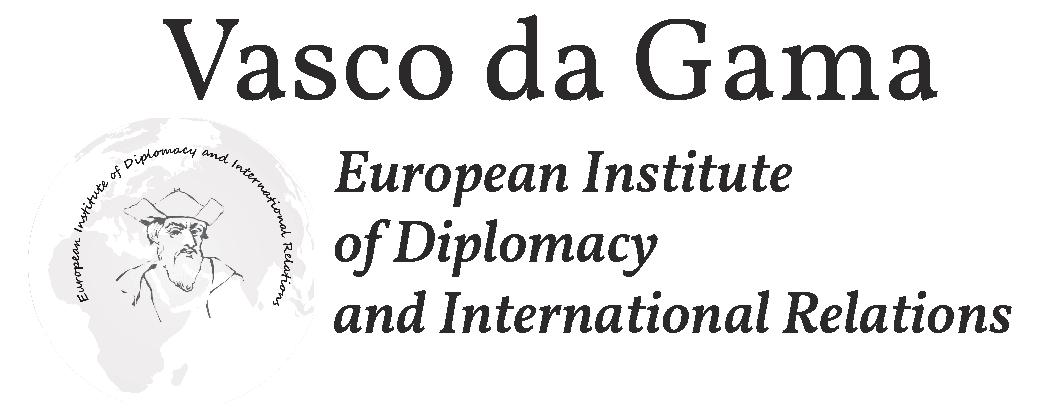International Judicial Law
 When there is an international element in a civil, criminal or administrative trial (in the broad sense, including the independent administrative authorities), consideration first needs to be given to the appropriate applicable law rule.
When there is an international element in a civil, criminal or administrative trial (in the broad sense, including the independent administrative authorities), consideration first needs to be given to the appropriate applicable law rule.
International jurisdiction refers to the ability of the courts in a particular country to try a case of an international nature. A dispute is of an international character when, for example, the parties are of different nationalities or do not reside in the same country. In this case, the courts of several countries might be competent to try the case: this is called a conflict of jurisdiction. The rules governing international jurisdiction lay down criteria for determining the country whose courts have jurisdiction to hear and determine a dispute.
The objective of this course is to familiarize students with the means of resolution of private law disputes and provide the basic skills necessary during the litigation phase of an international private partnership. It also provides for the development of fundamental thought on the role of courts at a time of globalization, the impact of the internationalization of disputes, national judicial law and the adequacy of basic concepts such as exequatur and legal certainty, and traditional divisions, such as those between the dispute settlement mechanisms within public law and private law.
Mission
In the era of internationalization of legal sources, one of the core difficulties for practitioners being the identification of the relevant legal source a great deal will be dedicated to the hierarchy of norms among international instruments. The most important legal acts will be presented and their scope of application will be analyzed. The course will focus on conflicts of jurisdictions and covers the question of international jurisdiction as well as the recognition of foreign judgments. It will also covers typical procedural issues such as the service of documents, the taking of evidence, the payment order, the European enforcement title etc.
The course aims at confronting the students with the basic legal problems of international litigation. It also invites students to observe in a critical way current issues raised by international litigations: the role of the judiciary in the era of globalization, the impact of globalization on national civil procedure, the relevancy of classical distinction as public law and private law.
Bibliography
BELLANGER François/DE WERRA Jacques (édit.), Genève au confluent du droit interne et du droit international : Mélanges offerts par la Faculté de droit de l’Université de Genève à la Société suisse des juristes à l’occasion du congrès 2012, Genève (Schulthess) 2012.
FALLON M., La compétence judiciaire internationale selon le droit judiciaire européen : émergence d’une compétence judiciaire européenne ?, Bruges, La Charte, 2003
MUHIAR H., Derecho internacional público: La solución pacífica de las controversias internacionales, Madrid, Plataforma, 2015
TOMAS F., Antonio, Manual de Derecho Internacional Público. Tirant Lo Blach, 2004
VAN DROOGHENBROECK J.F., Droit judiciaire européen et international, Bruges, La Charte, 2013
4 ECTS
